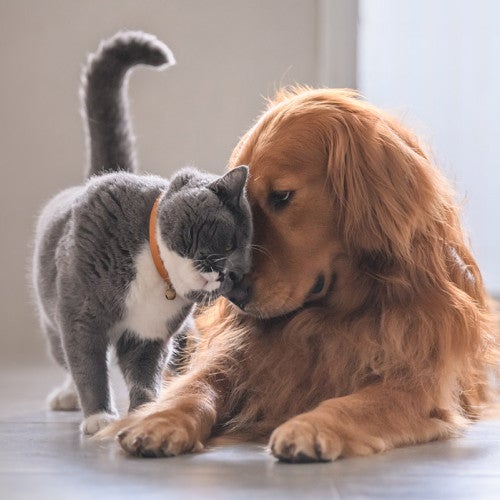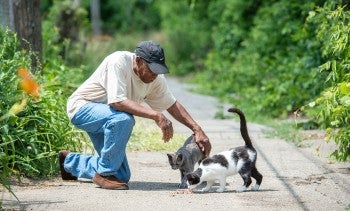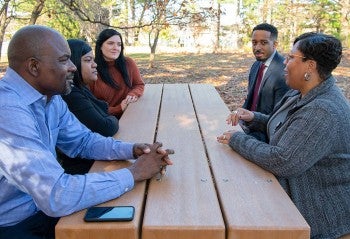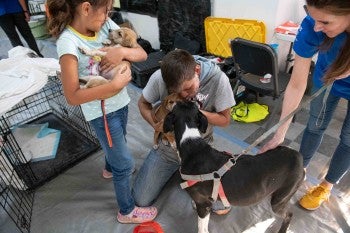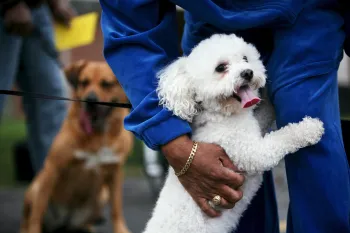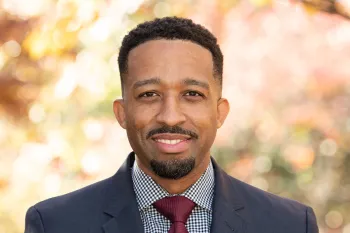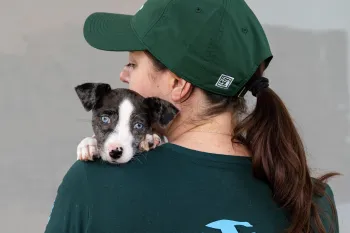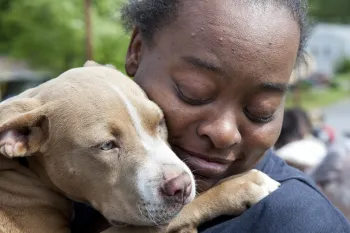Focused on internal culture
Humane World for Animals is dedicated to creating a humane and sustainable world for all animals—a world that also benefits people. Central to that goal is our commitment to attract and retain a work force that reflects the communities we serve and the countries where we operate, and that represents the exceptional human talent that our world has to offer. We are fostering a culture of inclusion and creating a work environment that welcomes individuals of all races, ethnicities, genders, cultures, abilities, skills and disciplines. Here’s how we’re building this culture:
- We are committed to building a stronger, more inclusive animal protection movement—one where all people feel a sense of belonging and connection to our mission.
- Our hiring process strives to reach a wide range of candidates with diverse life experiences, perspectives and attributes—including but not limited to race, ethnicity, gender, age, disability, geographic background, educational pathways and professional expertise.
- We offer ongoing learning opportunities designed to foster a respectful workplace. Our global workforce brings many lived experiences and worldviews—including different cultural understandings of animal welfare—and we believe it’s essential to create space for learning, unlearning and meaningful dialogue. These sessions support our staff in understanding how to navigate complex topics, recognize behaviors that may cause harm, and practice allyship and inclusion as everyday values.
- We also offer employees the opportunity to launch and participate in Employee Resource Groups that are open to all employees.
Our approach to building community and strengthening the movement
At Humane World for Animals, we believe that protecting animals begins with building authentic, lasting relationships with people. Our approach centers on culturally responsive, community-centered engagement—honoring the perspectives, values, and lived experiences of communities across the globe. We focus on forming strategic alliances and nurturing relationships that are rooted in trust, respect and collaboration. To us, true engagement means not just listening to communities, but co-creating solutions with them—recognizing that the people closest to the issues often hold the most powerful insights. By aligning our programs with community-identified needs and traditions, we are better able to meet people where they are and equip them with the tools and resources to care for animals in ways that resonate culturally and locally.
This approach helps us grow a more inclusive animal protection movement—one where all people feel welcome, empowered and connected to the mission. The more people who see themselves in this work, the more animals we can protect—together.
